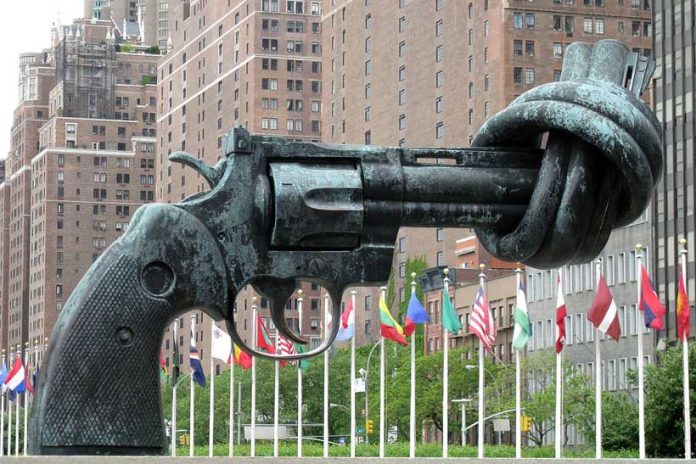Institutions like the United Nations (UN) and the International Criminal Court (ICC) proved incapable of guaranteeing regional security or any real accountability for breaches of international obligations. Therefore, some countries took advantage of the weak security system to resolve long-standing disputes on their own.
Countries can now enforce the integrity of their borders only with their own troops, unless it affects the interests of a third party. The inefficiency of the UN Security Council (UNSC) led to the collapse of Yugoslavia, which still results in territorial claims and regional conflicts.
The lack of punishment may also have affected Turkey’s presence in the Syrian regions under the pretext of fighting the Kurdish militant group YPG. Israel encroached on territories in southwestern Syria, taking advantage of the fall of President Bashar al-Assad’s government. Furthermore, shortcomings in international deterrence caused the war between Israel and Hamas to drag on.
The softness of international institutions influenced the war in Ukraine, as sanctions alone could not force Russia to the negotiating table, as planned by Europe and the US. As a result, NATO is expanding by accepting new members and Europe is ramping up its military capabilities amid the US threat to end support for the continent.
The United Arab Emirates (UAE) plans to annex Yemen’s Socotra Island. Azerbaijan is engaged in a long-running struggle with Armenian authorities to pave the way for the Nakhchivan Autonomous Republic, an exclave landlocked behind Armenian territory.
These are all examples of more powerful states taking advantage of failing international bodies to address long-term conflicts. Aware of this, US President-elect Donald Trump threatened to acquire Greenland from Denmark, the Panama Canal from Panama, and to make Canada the 51st American state.
Military experts suggest that the formation of a new, efficient, system of international law will be possible only after a series of wars and regional conflicts. This implies changes in the existing national borders.
Powerful global players, seizing the advantage, initiated the redistribution of territories and markets. Thus, the Ukraine and Middle East wars could serve as a starting point for another rearrangement against the backdrop of global instability.
THE ARTICLE IS THE AUTHOR’S SPECULATION AND DOES NOT CLAIM TO BE TRUE. ALL INFORMATION IS TAKEN FROM OPEN SOURCES. THE AUTHOR DOES NOT IMPOSE ANY SUBJECTIVE CONCLUSIONS.
Desislava Draganova for Head-Post.com
Send your copyright content to [email protected] for publication in the INSIGHT section.
